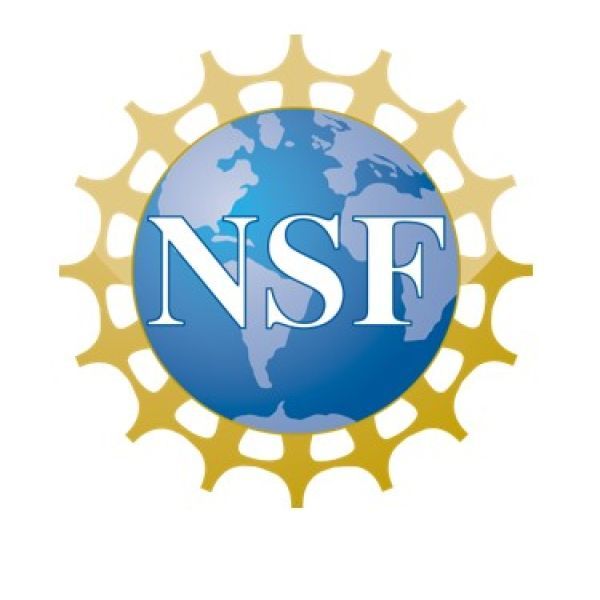August 24, 2022
Volodymyr Kuleshov and Emma Pierson, both assistant professors in the Department of Computer Science in the Cornell Ann S. Bowers College of Computing and Information Science and at the Jacobs Technion-Cornell Institute at Cornell Tech and the Technion, are are among the six Cornell professors who recently received the National Science Foundation (NSF) Faculty Early Career Development Award.
Over the next five years, each will receive approximately $400,000 to $600,000 from the program, which supports early-career faculty “who have the potential to serve as academic role models in research and education and to lead advances in the mission of their department or organization,” according to the NSF. Each funded project must include an educational component.
- Volodymyr Kuleshov will use his award to try to improve genome sequencing through novel techniques in artificial intelligence and machine learning. The cost of genome sequencing has decreased significantly over the past two decades, enabling the creation of datasets comprising millions of genomes of plants, animals and humans, but current methods for analyzing genetic data often struggle with the size and the complexity of these data sets. This project aims to develop new mathematical models of genomic sequences that will serve as the basis for algorithms for genetic data analysis, including for tasks such as analyzing human ancestry and understanding the effect of genetics on disease.
- Emma Pierson will use her award to help reduce bias in health care through more equitable decision-making. Enormous health inequality has led to Americans with high incomes living up to a decade longer, on average, than those from the lowest income levels, and biased medical decision-making contributes to this health inequality. This research will make medical decision-making fairer by statistically analyzing the decisions made both by humans and by algorithms, identifying sources of bias and proposing solutions, making health care both fairer and more efficient by allocating medical resources where they will do the most good. The project will also create a publicly available class on how to design fair algorithms.
By Tom Fleischman for the Cornell Chronicle



